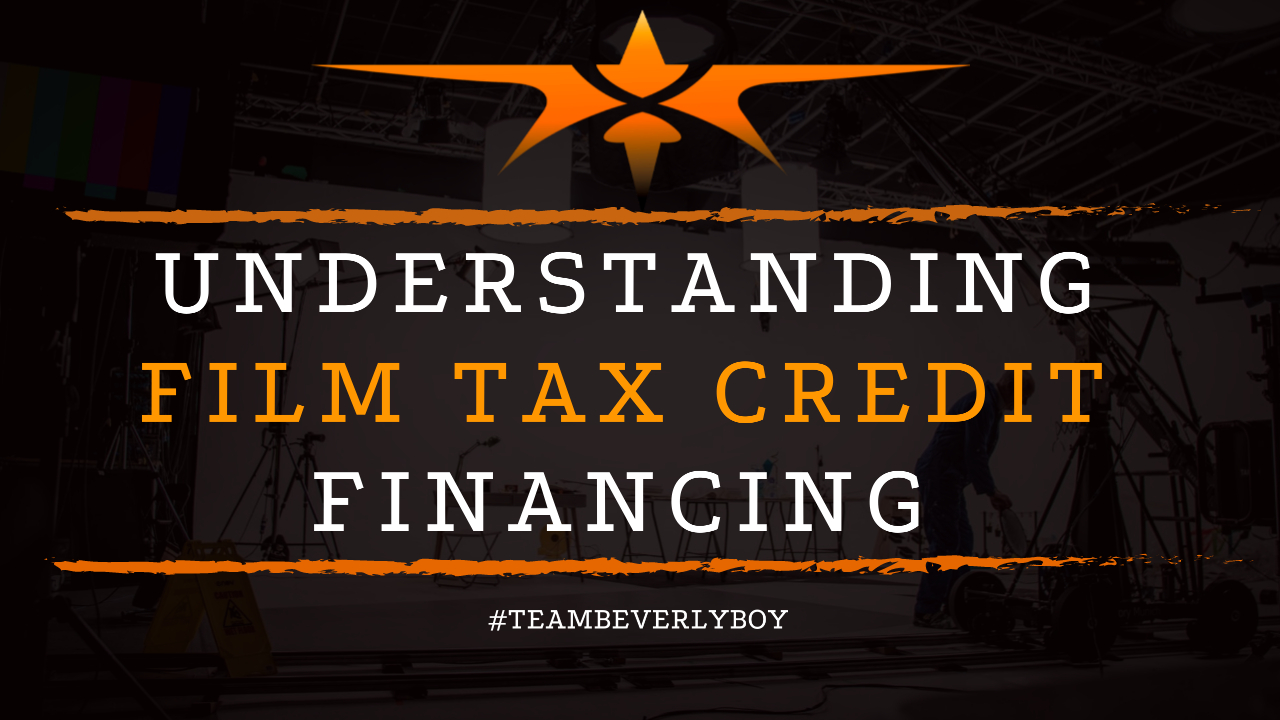
Understanding Film Tax Credit Financing
Film crews and producers will go through great lengths to secure financing for their productions. In fact, many filmmakers secure financing through investments, loans, and even film tax credit financing. The use of debt financing and film tax credit financing to produce a film is not necessarily unconventional, but the techniques might be something that appear confusing at first. What is film tax credit financing and what does it mean for the production of a motion picture or independent film?

Typically, film financing progresses down a path of pre-sales. In which the film package is assembled and a sales agent is engaged to secure financing for the production.
Pre-sales are sought as a means of acquiring the funds required to produce a film in advance of the film actually being produced. The producer will then request a bank loan against the expected pre-sale value of the film based on pre-sale contracts.
Debt Financing
This is called debt financing, and it can work, but there’s one major problem. Lenders won’t provide a loan on pre-sale contracts until there’s a completion guarantee in place.
And that doesn’t happen until just before the principal photography begins. So how does a film producer secure funding for all of the steps in between?
Gap Financing & Bridge Lenders
They’ve got to bridge the gap. This means that the producer is going to find companies that will provide gap loans. In advance of the completion guarantee.
So that they can continue to move forward with the process of producing the film. And securing the completion guarantee. Which will then lead to them securing the bank loans against the pre-sale contracts.
The gap lender provides a risky loan that could be costly. But will offer the support the producer needs to keep the project going. At least, until they can get film tax credit financing in order to continue on.
What is Film Tax Credit Financing?
Film tax credit financing is another means of financing. That producers can engage in the process of producing a film.
With film tax credit financing, the producer will secure assignable and unassignable tax credits. That can be sold to third parties in exchange for funding to produce a film.
State Tax Credits
State tax credits may offer refunds to the production company in the amount of the credit. Which is not offset against the tax liability for the production company. Additionally, a third party loan can be sought for the credit which is secured by the expected tax refund.
Lenders may find it challenging to receive direct payment of tax refunds, but they can often receive the assignable tax credits with ease.
Thus, film tax credit financing represents a key area of lending in which third parties provide film producers with funds in exchange for the assigned tax credit that will pay back the loan during tax season.
The Takeaway
Although some states place limitations on the amount of funding that can be achieved in this way, or the amount of the tax credits that can be assigned.
The premise is that costs incurred in a state are refundable through tax credits which the production company can obtain third party advances or loans for to help them finance a film.
It’s a tricky, and complicated process, but the use of debt financing and film tax credit financing represents one of the many ways the filmmakers are able to fund projects in advance of completion and the break even point in which they make a profit.



